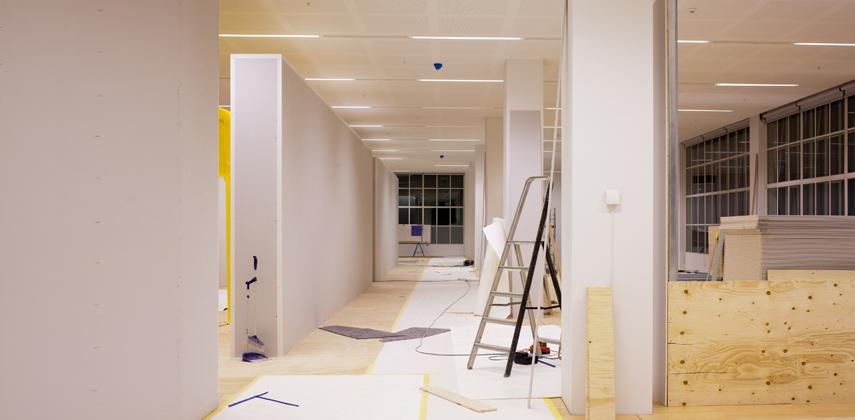The Background
A guest house owner (“the employer”) in the construction field engaged a contractor to carry out renovation works on all rooms and the lobby in the guest house to be carried out over a three-month period. This time frame was planned to allow the employer six weeks after the renovation to carry out his own preparation works before reopening for the Christmas holidays in mid-December.
Six weeks into the renovation period, the employer decided that the works were not to his satisfaction. This created a serious delay in the project and abortive work due to a lack of co-ordination and supervision.
With only three months remaining till the reopening date and facing a heavy loss, the employer decided to withhold payment from the contractor. This then resulted in materials not being delivered to the site as planned and the subcontractor and workers not receiving payment or salaries. The employer wanted to terminate the contract and sue the contractor for damages. Meanwhile the subcontractor and his 50 workers collaborated on a work slowdown and eventually went on strike.
The Mediation Process
On the first day of the strike a mediator held a joint meeting with the employer, contractor and the subcontractor. The employer said he had no confidence in the contractor completing the works within the remaining one-and-a-half months. He wanted to terminate the contract immediately and requested the contractor deliver all the pre-ordered long-lead materials to the site and cover the entirety of the employer’s loss.
The contractor stated he no longer wanted to work on the project and requested the employer pay him the outstanding fee. The contractor said he would then leave the site, incurring no further responsibility.
The subcontractor said he and the workers wanted to continue to work on the project. However, as he was subordinate to the contractor and they had a good long-standing relationship, he had to defer to the contractor.
The mediator encouraged the sub-contractor to state his case frankly, who told the contractor that he and many of the workers did not want to lose their jobs.
There followed a disagreement between the contractor and the subcontractor. Angered, the contractor instructed the subcontractor and the workers to continue their strike until the employer paid what was owed.
In a second meeting convened by the mediator, the subcontractor pleaded profusely with the contractor: “Please, please, please...,” he begged. Overcome, the contractor softened. The two came to an agreement and proposed to the employer that the subcontractor complete the job, taking over the contractor’s responsibility.
The employer, faced with finding a new contractor at short notice, agreed to the proposal, releasing the monies owed to the contractor. He granted the sub-contractor a 14-day extension, provided he employ all 50 workers and absorb all additional costs. The contractor, relieved of responsibility, would transfer all long-lead materials to the subcontractor.
The Outcome
The result suited all. The employer was able to complete the works on time without any additional cost and the guest house re-opened as scheduled before Christmas. The contractor received the outstanding payment and transferred all the pre-ordered long-lead materials to the subcontractor. The subcontractor employed all the 50 workers and completed the works on time. The subcontractor and the contractor still maintain a good relationship and work together on other projects.
The case demonstrates the difference a mediator can make at an early stage, before relations can fester to such a point that resolution is impossible.


